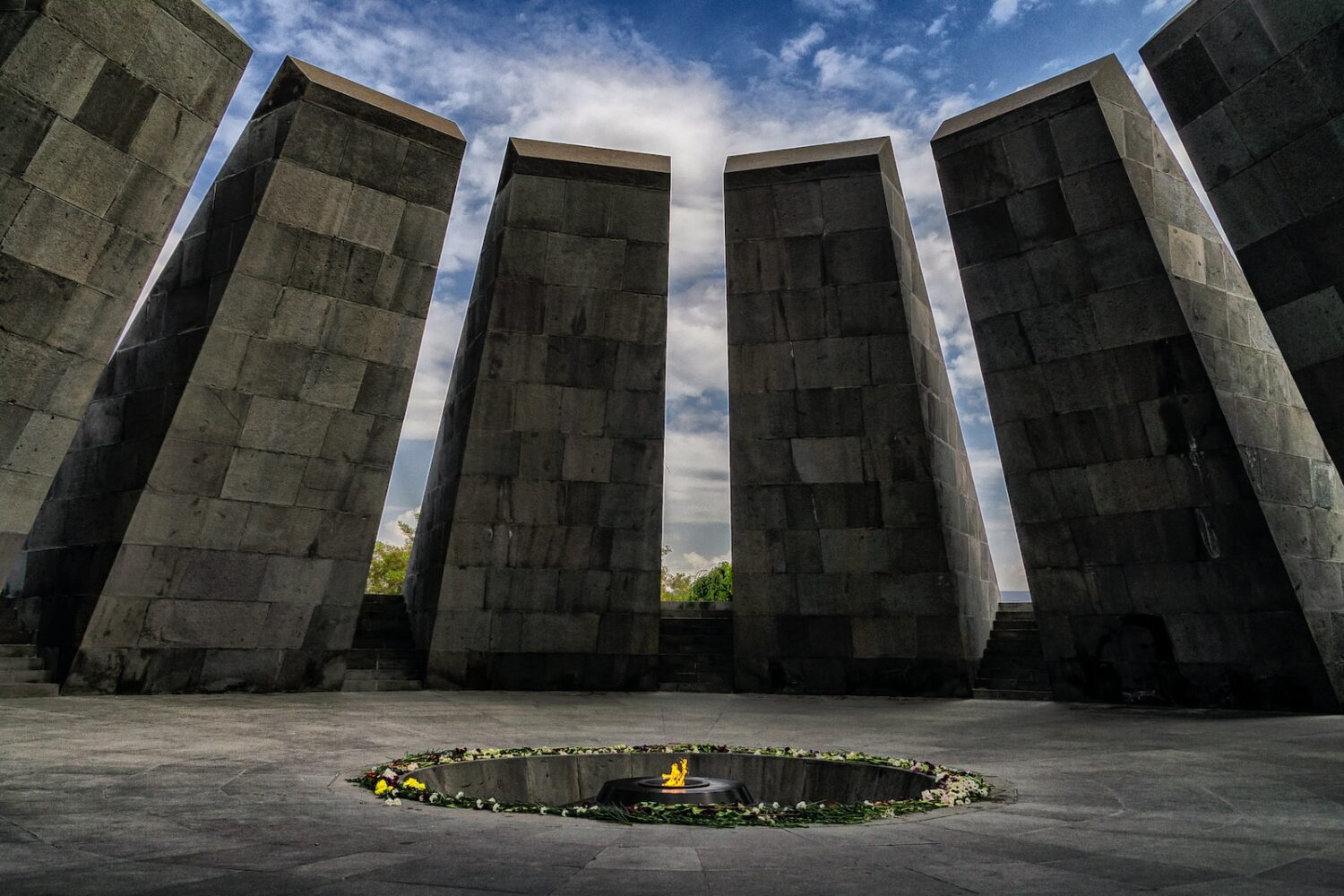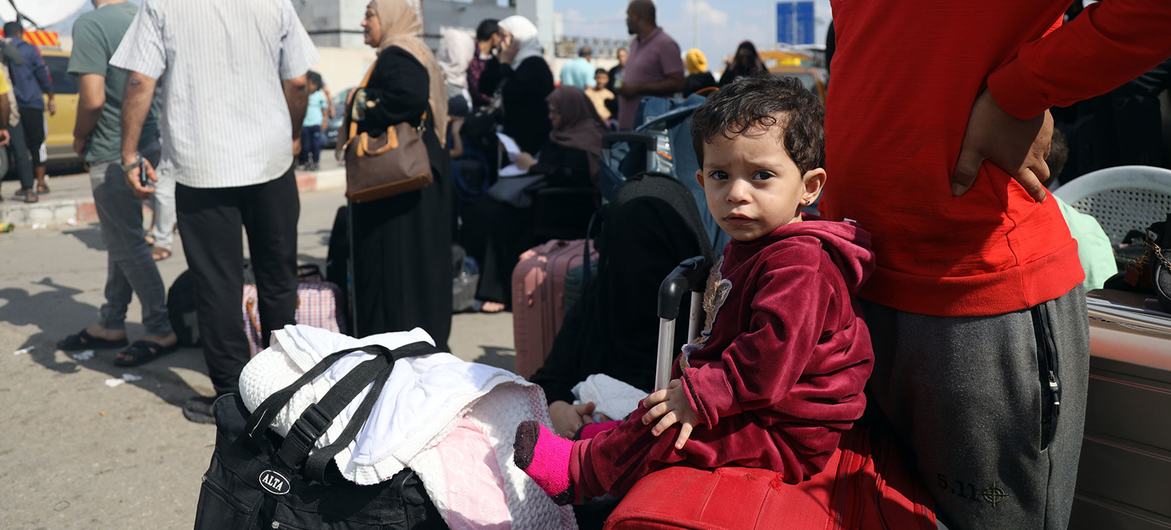Since the Hamas attacks on 7 October and Israel’s response, anti-Semitism has risen alarmingly in many parts of the world. France, in particular, has recorded more than 1,300 incidents, reported by the police authorities, testifying to the seriousness of the situation.
Azerbaijan, a strong ally of Israel, is engaged in a long-standing conflict with Armenia. This alliance arouses the disapproval of many Armenians, who take a dim view of the proximity between Jerusalem and Baku. In protest, some Armenians have reacted by attacking Jewish symbols in their own country.
On 15 November, individuals threw Molotov cocktails at the synagogue in Yerevan (the capital of Armenia). In a statement, the police declined to say that the building housed a synagogue, but Rimma Varjapetian, a representative of Armenia’s Jewish community, confirmed this to AFP and said that “the attack took place in the early hours of 15 November when the building was empty”.
The situation of Jews in Armenia
Demographic decline: Armenia’s Jewish community on the brink of extinction
In the heart of the Caucasian mountains, Armenia is home to one of the smallest Jewish communities in the world. According to a number of alarming statistics, the country’s Jewish population is in constant decline, currently numbering as few as 700. A mass exodus marked the period between 1992 and 1994 when more than 6,000 members of the Jewish community decided to leave their homeland. There were many reasons for this mass emigration, ranging from economic difficulties to security concerns.
Worrying rise in anti-Semitism in Armenia: targeted attacks despite a small Jewish population
Despite the modest size of the Jewish community in Armenia, it is increasingly the target of worrying anti-Semitic attacks. Findings from the Anti-Defamation League report reveal that Armenia stands out as the post-Soviet country with the highest rate of anti-Semitism, with 58% of its population sharing anti-Jewish sentiments.
Recently, a shocking statement was made by Mr Poghosyan, former adviser to the Chief of Staff of the Armenian Armed Forces and former assistant to the Armenian President’s former chief adviser on national security issues. In a video posted on social networks and Telegram groups, Mr Poghosyan stated unequivocally: “I will help Hamas kill Jews”.
The abusive language continues in the video, with Vladimir Poghosyan saying: “You jackals must be completely exterminated. I’m someone who has worked in intelligence all his life and who has carried out operations at the level of your Mossad and even more”. At the start of the video, this former senior civil servant expresses his denialist views, declaring: “I have never recognised the Holocaust” and describing the Jews as “a destructive people who have no right to be on this earth”.
According to the Institute for the Study of Global Antisemitism and Policy (ISGAP), anti-Israeli and anti-Jewish propaganda in Armenia feeds classic anti-Semitic stereotypes. The ISGAP report published in August 2023 highlights the worrying spread of anti-Israeli and anti-Jewish propaganda in Armenia, often associated with anti-Azerbaijani sentiments. This campaign, which resonates with both the authorities and the general public, frequently includes classic anti-Semitic clichés, according to ISGAP’s findings.
The report quotes Colonel Arkady Karapetyan, who told the Armenian news agency ‘Realist’ that “Israeli instructors shot at us to test their weapons… Jews recently celebrated the day of commemoration of the victims of the concentration camps, which was widely covered by the world media. Meanwhile, Israel is actively encouraging the transformation of Artsakh into a death camp.”
On 3 October 2023, the Jewish Cultural Centre in Yerevan was vandalised. A few hours later, Armenian social networks reported that this act of vandalism was to be understood as retaliation for Israel’s sale of drones and other weapons to Azerbaijan and for the recent criticism by dozens of rabbis of the rhetoric used by Armenian officials, who compared Azerbaijan’s actions against Armenian troops and civilians with the Holocaust.
The Armenian Secret Army for the Liberation of Armenia (ASALA) claimed responsibility for this act. It is worth recalling the historical link between ASALA and Iran. ASALA, founded in 1975, trained in the Bekaa Valley alongside Palestinian terrorist organisations, thus collaborating against Israel.
In conclusion, these examples highlight the danger inherent in introducing classic anti-Semitic and anti-Zionist narratives into Armenian public discourse. In the context of Yerevan’s defeat in the second Karabakh war and the emergence of radical Armenian nationalism, this threat seems to be a palpable reality. It is becoming imperative for Armenia to engage in an in-depth reflection on the consequences of such toxic narratives, both on intercommunity relations and on regional stability.





